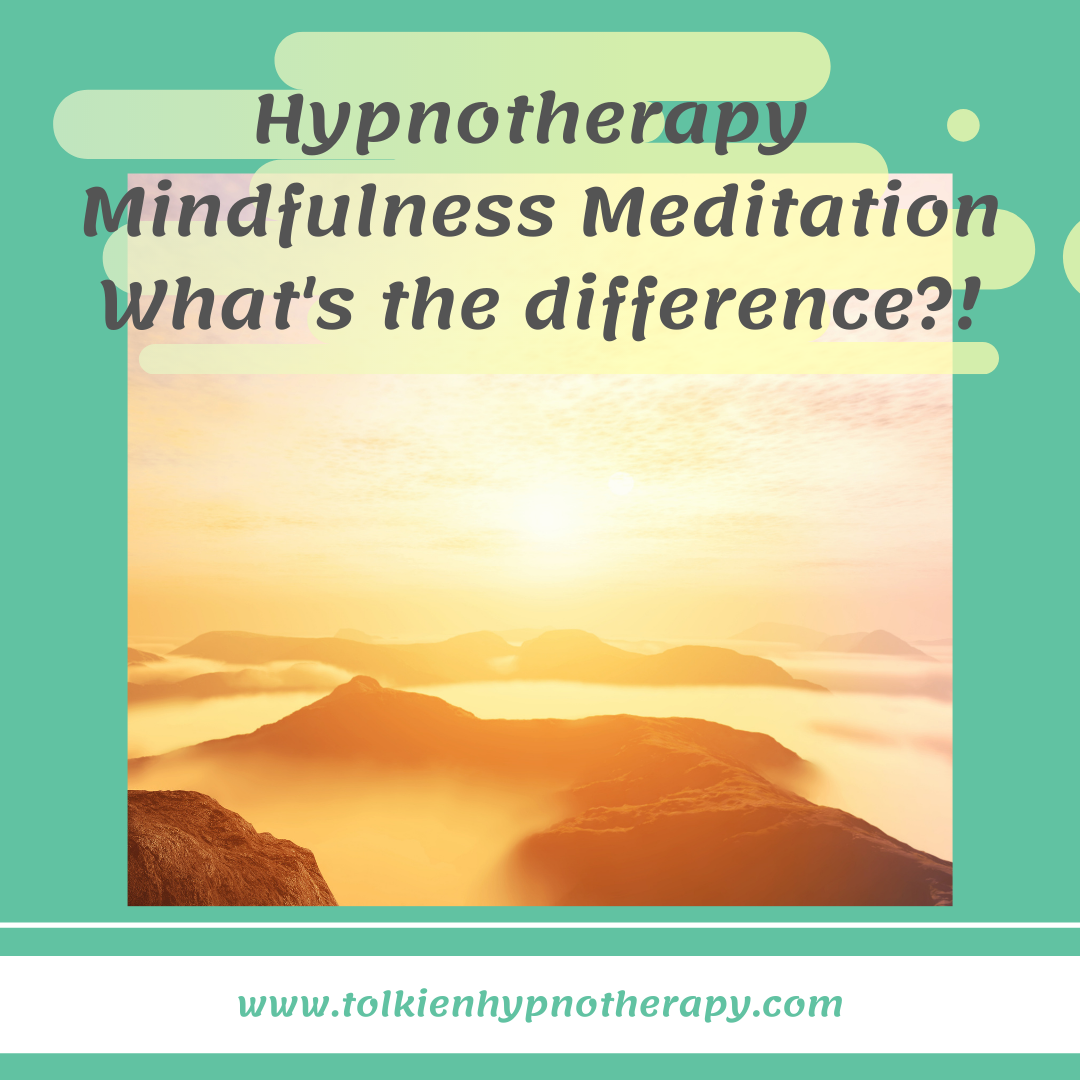Feeling like a fraud, or thinking you're not good enough, is not your fault. There are ways to change your thoughts so they become more helpful to you though. When you overcome limiting beliefs, you become free to have more impact, be more creative and productive. Rewiring your brain, changing anxious thinking & looking at your true why are some of the areas I go into in this article.
What is Impostor Syndrome and what is good about it?
Impostor syndrome is a fear of not being good enough. Of not feeling worthy. And that you will soon be found out! It is caused by systemic bias in our culture but that doesn’t mean that you need to stay a victim of impostor syndrome. You can take back control of your perceptions. The benefit of impostor syndrome is what it shows about you as a person and this is NOT your perceived lack of competence!! You have values that demonstrate that you care about your output, an insight into your knowledge that some (ignorant) people don’t, you want to learn more and serve better.
Hypnotherapy, Mindfulness, Meditation - What’s the difference?
I used to find this completely confusing. Try Googling this question! People use these terms interchangeably and some ideas are trending, so get used more.
I’m not saying that I have the definite answer, but there are certain key differences. To choose, you also need to know your aim for doing any of these.
If you’re in a hurry - read the recap in the end! There are also some great freebies to try :)
Why choose Solution Focused Brief therapy to relieve stress & anxiety?
In Solution Focused Brief therapy (SFBT) we start with what people want from our work with them; not with what problem that needs solving. We take them on a journey into what achieving that tomorrow would look like in real life.
We are sense making beings. Our brains are wired for stories. We interpret everything that happens to us through our experiences and perceptions. The stories we create become our identity and our lives. SFBT helps moving clients from a problem story to a story about possibilities and capabilities.
How to choose strategies to manage stress and anxiety
How to choose strategies to manage stress and anxiety
Do you like to sort things out too? I have a real need to organise concepts, so they make better sense to me, and so I can choose a good plan forward.
There is so much advice everywhere about what to do when you’re stressed & anxious, so how do you choose? I’m sorting techniques for managing anxiety into if you need immediate or long-term relief In this blog. I hope you’ll find it much easier to choose what is suitable for you after reading this. Lena x
Make Sense of Anxiety and Stress
Who inspired you to be the best version of yourself?
In my last post I wrote about how my mormor (maternal grandma) showed me how to be resilient and cope with changes and uncertainty. The other huge inspiration in my life is my mum. Her strength coping through tough times, and also her vulnerabilities, taught me how to handle what has come my way. What comes to all of us. No-one has a life with only happiness and candy floss and shiny things (and that would make you feel fairly sick or at least bored after a while…). But we can all learn to cope better and find meaning in our lives. As we learn best through stories and connections, I hope this will help you too.
Who inspired you and helped you become stronger?
My grandma and mum showed me what true resilience looks like in practice. That no matter what happens, if you just put one step in front of the other, really take hold of the small joys and concentrate on a higher purpose, you will get through. Humans are sense-making beings and so our brains are wired for stories. Therefore mormor and mum’s successful struggles through wartime, divorce and hardship have helped me many times in my life and maybe their stories can help you too.
What is hypnotherapy? Become more resilient.
When you are stressed, you may feel overwhelmed by how to manage even small things in your daily life; or feel angry because your situation doesn’t feel fair; you may have problems sleeping and your brain may feel foggy and sluggish.
Our brains don’t like change because we have this very primitive part of the brain that still believes we live in the Stone Ages. It makes sense to this primitive mind that change can be very dangerous. Who knows what will jump out at you behind that metaphorical hill of change?
Change also takes conscious thinking effort and thinking guzzles calories. This primitive mind believes food is hard to come by and therefore we are hardwired to conserve energy (and to eat all the calories we can when it’s there…).
Thankfully, we do have a newer part of the brain that can convince the primitive one that some particular change is going to be beneficial and therefore override this aversion to use up energy and possibly face danger.
Why love can help you reduce stress and anxiety
As early humans, we survived because we lived and cooperated in tribes. A lone human on the savannah was just lion bait whereas together we thrived.
When we are close to others, we release various chemicals in the brain such as serotonin, dopamine, oxytocin. These help us cope; feel good; do more useful things. Therefore they also encourage more love and cooperation.










